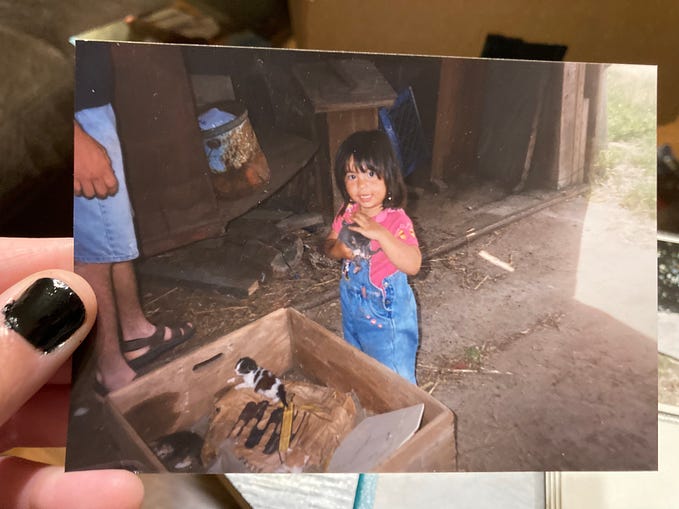Embracing neurodiversity as an autistic adult beyond medical and identity politics
As an autistic adult I embrace the rich, complex nature of autism beyond medical and identity models and advocate for an inclusive neuroharmonic society.

As someone living with autism and deeply involved in its discourse through both personal experience and academic scholarship, I challenge the conventional narrative that frames autism purely as a neurological disorder. In the lifestyle spaces we share, it’s crucial to move beyond this limited perspective and understand autism’s rich, multifaceted nature.
Beyond the Medical Model
Autism, often characterized by different thinking patterns, social interaction challenges, and specialized interests, is typically explained within a medical framework. This is not wrong in itself. However, viewing autism solely through this lens restricts our understanding and limits the potential for genuine inclusion. Autism is not merely a set of symptoms to be managed; it represents a distinct, valuable way of interacting with the world.
Disability studies offer a transformative perspective on autism.
The Power of Disability Studies
Disability studies offer a transformative perspective on autism. This field criticizes the standardization of ‘normality’ and the labeling of people with disabilities as ‘abnormal.’ By recognizing that societal structures often create barriers, disability studies advocate for a society that adjusts to include all forms of human diversity, not one that forces individuals to conform.
Neurodiversity: Celebrating Different Minds
The concept of neurodiversity is a game-changer. It asserts that autism is a natural variation of human neurology — not a disorder but a difference. This perspective helps dismantle the stigma around autism, promoting an environment where autistic individuals can thrive without being pressured to ‘normalize’ their inherent traits.
Championing Multiple Perspectives
Embracing a nuanced understanding of autism enriches our community. It acknowledges the complexity and diversity within the autistic experience, shaped by an array of personal, cultural, and environmental factors. As an autistic adult, I advocate for epistemic humility — recognizing our limits in understanding autism fully and being open to ongoing learning and adaptation.
While neurodiversity initially offered a positive reframe of autism, it is not without its criticisms.
Critiquing Neurodiversity as an Identity
While neurodiversity initially offered a positive reframe of autism, it is not without its criticisms. Some argue it oversimplifies the neurological underpinnings of autism, potentially overlooking those who may seek and benefit from support. Furthermore, by focusing predominantly on autism, the broader spectrum of neurodivergent conditions sometimes receives less attention.
Neurodiversity as Advocacy
I propose viewing neurodiversity not just as a label but as a robust, critical stance against societal norms that often exclude or misinterpret differences. It challenges the prevailing neurotypical standards and advocates for a society that values all cognitive styles equally.
Practical Steps Toward Inclusion
We can foster a more inclusive environment in several ways:
- Education: Integrate philosophy and disability studies into educational curriculums to broaden future professionals’ understanding of autism.
- Collaboration: Encourage researchers and practitioners to work closely with autistic individuals and their communities to ensure that interventions and policies reflect their needs.
- Media Critique: We must critically assess how autism is portrayed in the media to avoid perpetuating stereotypes.
- Interactive Psychoeducation: Shift psychoeducation towards a dialogic, interactive process that respects and incorporates diverse autistic perspectives.
A Call for Inclusive Practices
As an autistic individual and professional, I am committed to pushing the boundaries of how autism is understood and embraced in both research and daily life. By advocating for a shift from a medicalized view to one that recognizes the full humanity of autistic individuals, we can build a truly inclusive society.
This isn’t just about changing perceptions; it’s about changing lives by validating and embracing the diverse experiences and contributions of autistic individuals in all aspects of society.







